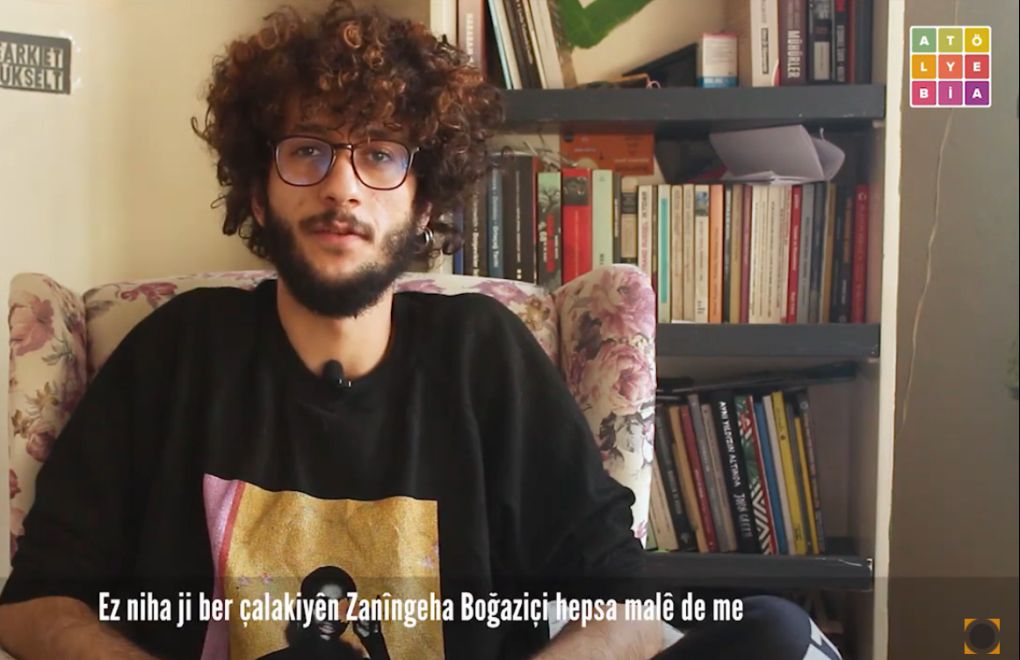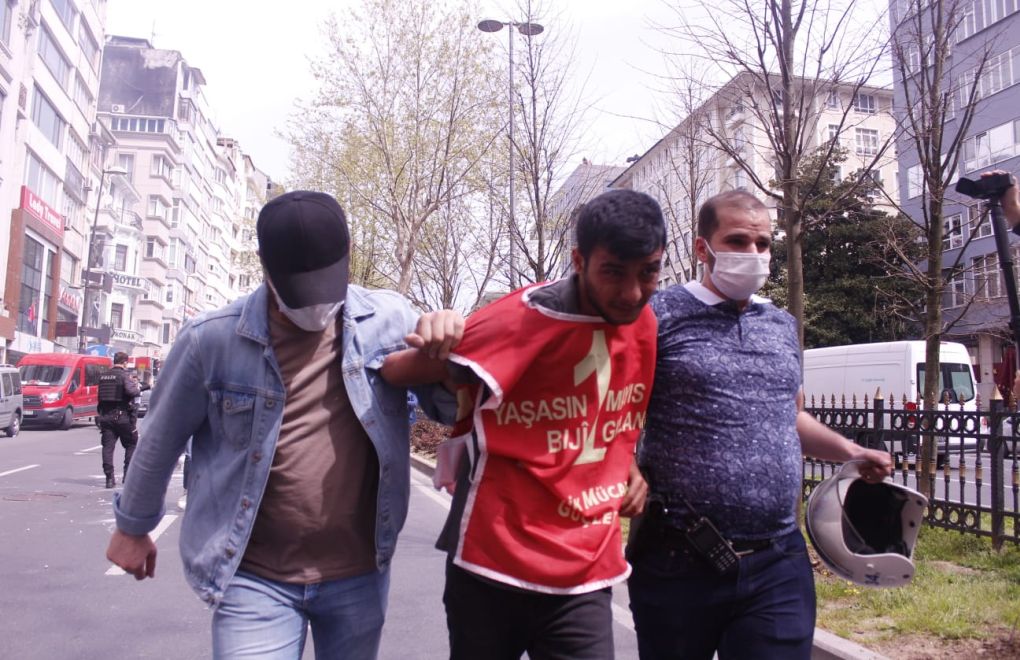Click to read the article in Turkish / Kurdish
Since President and Justice and Development Party (AKP) Chair Recep Tayyip Erdoğan appointed Prof. Melih Bulu as a rector to Boğaziçi University, students and academics have been protesting this appointment.
While hundreds of people were detained during these protests both at the campus and in different parts of İstanbul and Turkey, 11 students in total, including two Boğaziçi University students, were arrested.
While there are currently nine arrested students, 25 people have also been placed under house arrest as a judicial control measure in this process.
Yunus Emre Karaca was one of the hundreds of students detained by the police while trying to express their support for Boğaziçi in a demonstration to be held in İstanbul's Kadıköy district on February 2.
After Karaca and his friends were detained, they were released on the same night with their statements taken. A day later, their houses were raided and they were taken into custody again. Held in detention for two days, Karaca was placed under house arrest by the court.
The house arrest of Karaca began on February 9, when the officials of the Supervised Release Directorate came to his house and put an electronic bracelet around his ankle. Karaca says that he was subjected to police violence while he was in police custody.
Vedat Örüç has spoken to Yunus Emre Karaca, a student of Marmara University, about what he went through during his periods of detention after the protests and what he thinks about house arrest.
'It is not a one-person punishment'
Expressing his support for the protests, Karaca says that the reactions against Melih Bulu, the appointed rector of Boğaziçi University, are not only about Boğaziçi. He notes that it is a general university revolt.
"They did not give us the food our attorneys brought for us. They did not even allow me to take the medicine that I had to take," says Yunus Emre Karaca, underlining that house arrest is a systematic punishment:
"This is not a one-person punishment; it is a process where I will be punished together with my friends. I mean, while one person has to stay at home with me all the time, one person has to economically sustain this place on his or her own. This place, in fact, turns into a prison which the state does not pay for and where we meet the expenses of our sentence ourselves. In other words, they turn our own houses into a prison."
(SO/SD)










-132.jpg)

